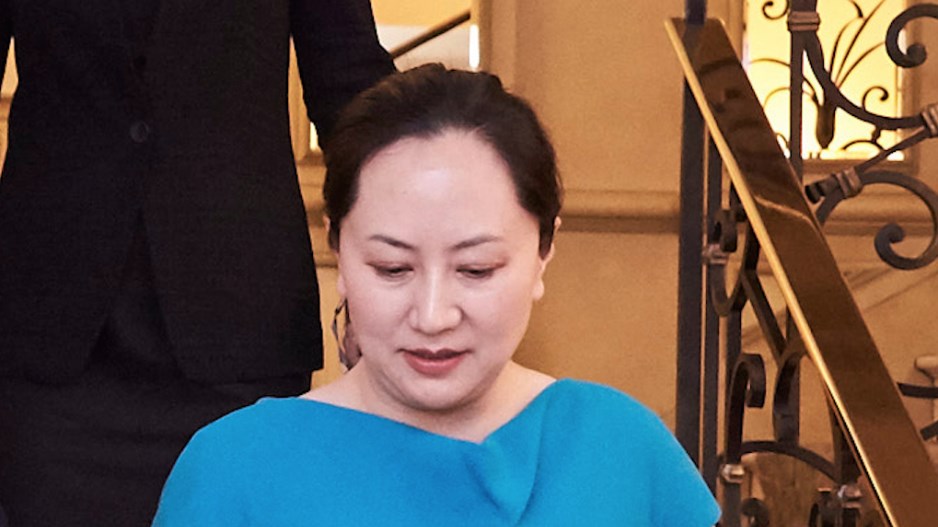On Friday, the defence team of Huawei Technologies CFO Meng Wanzhou continued its focus on the behaviour of Canada Border Services Agency officers in the Chinese exec’s 2018 arrest, especially around how officers obtained electronic device passcodes and gave them to the RCMP.
Defence attorney Mona Duckett, who ended Thursday’s arguments attacking the credibility of RCMP and CBSA testimony in the case, focused her criticism on the actions of officer Scott Kirkland, who told the court late last year that he mistakenly passed the passcodes of Meng’s devices along with the devices themselves to the RCMP.
Kirkland said he did not realize his error until a Jan. 7, 2019 meeting with superior officer Nicole Goodman, more than a month after the Dec. 1, 2018 arrest. Duckett, however, said the complete absence of notes and records on the arrest process and the following debriefs puts into doubt whether the testimony was true – or if the CBSA knew the passcodes had been passed on earlier.
That doubt, Duckett added, is exacerbated by the fact that Goodman is a veteran CBSA officer who testified she is especially cautious of improper information sharing between agencies.
“Could [Goodman] have sat on the knowledge that maybe the RCMP had the passcodes paper – that an officer could have passed it off – for an entire month without asking? We say not, especially since there’s a risk the RCMP could have given it to somebody else,” Duckett said.
Duckett also criticized Kirkland’s credibility, noting inconsistencies in his account of the Meng entry examination process. She noted Kirkland’s vivid description of that Jan. 7 realization of him losing track of Meng’s passcodes as contrasting sharply with vagueness elsewhere in the testimony.
“Does the account have a ring of truth to it? It will be for [the court] to assess,” she said. “... We can conclude that Officer Kirkland was distressed about losing track of the paper. It is up to [the court] to decide when and why he was distressed. Was it because he realized he made a mistake? Or was it because he realized the mistake is now known?”
The defence contends that the passcodes were collected illegally by the CBSA during a border examination because it was then shared with the RCMP, bypassing the police’s requirement to read charter rights to suspects before making an arrest and asking for evidence. The CBSA isn’t bound by such rights in determining the entry eligibility of a traveller to Canada, but Meng’s defence contends that the CBSA abused this power to collect evidence for the RCMP and – in turn – the U.S. Federal Bureau of Investigation.
In the afternoon, defence lawyer Scott Fenton took his turn, focusing efforts on the CBSA move to take Meng’s electronic devices, passcodes and serial numbers violating the Huawei executive’s rights.
Fenton said not only is the CBSA not allowed to compel evidence from Meng on behalf of the RCMP, but even the RCMP needed reasonable grounds that the charges facing her in the U.S. - fraud and money laundering – may be addressed by evidence found in those devices.
“A search must be incident to arrest,” Fenton said. “If the search is for evidence, there must be reasonable prospects of finding something... There’s no independent grounds to reason that there’s evidence on the phones that speaks to the case on which extradition is sought.
“The CBSA compelled the passcodes using special powers and then handed over – and when I say handed over, I mean literally handed over – the information to the RCMP.”
The hearings continue for the next month.




